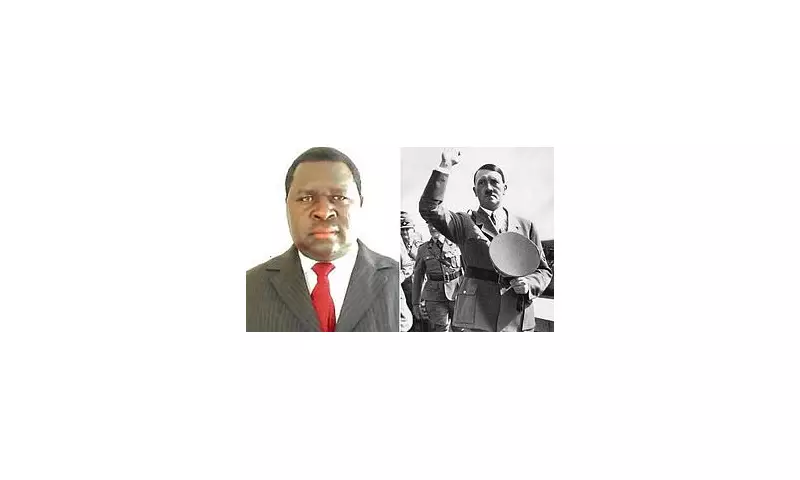
Politician Named Adolf Hitler Seeks Fifth Term in Namibia
A Namibian politician bearing the name Adolf Hitler is campaigning to secure his fifth term in office. Adolf Hitler Uunona, who gained international notoriety during the 2020 elections after a landslide victory, is expected to retain his seat with another significant majority as voters head to the polls this Wednesday, according to the country's electoral commission.
The Man Behind the Name
Mr Uunona is running for the position of district administrator in the Ompundja region. He has been quick to clarify that his unusual name does not reflect any global ambitions. "I have no plans for world domination," he insisted. Namibia, a former German colony in southern Africa, still has a small German-speaking community, and some citizens retain German names from the colonial era.
The politician, who has held power since 2004, confirmed his candidacy to the German newspaper Bild but provided no additional details. He has previously spoken about the origin of his name, explaining, "My father named me after this man. He probably didn't understand what Adolf Hitler stood for." He described how his perspective changed as he grew older: "As a child I saw it as a totally normal name. Only as I grew up did I understand that this man wanted to conquer the whole world."
Life with a Controversial Name
Mr Uunona revealed that his wife calls him Adolf and that he typically goes by Adolf Uunona. He suggested it would be "too late" to change his name officially. Addressing his political intentions directly, he stated, "The fact I have this name does not mean I want to conquer Oshana," referring to the region where he triumphed in the 2020 election. "It doesn't mean I'm striving for world domination."
His electoral success is undeniable. In the 2020 election, Hitler won 1,196 votes, completely overwhelming his opponent, who managed only 213. This victory returned him to the regional council, a seat he first won in 2015. Interestingly, his name was abbreviated to 'Adolf H' on a candidate list in a government gazette, but it appeared in full on an official results website.
Namibia's Complex Colonial History
The story of his name is deeply intertwined with Namibia's past. Once known as German South West Africa, the country was a German colony from 1884 until the empire lost its possessions after World War I. The real Adolf Hitler would later use the post-war humiliation of the Treaty of Versailles as a propaganda tool to garner support for the Nazis.
While Germany has spent decades atoning for the horrors of the Holocaust, its colonial atrocities in Namibia are less discussed. Between 1904 and 1908, German soldiers slaughtered approximately 65,000 Herero and 10,000 Nama tribespeople in a brutal campaign to suppress a local revolt. This is widely considered the first genocide of the 20th century.
The conflict began after German occupiers forced native tribes off their land and into forced labour, sparking an uprising where Herero people killed 123 German settlers. The German response was merciless, involving driving thousands of Hereros into the desert to die of thirst and starvation, with survivors sent to prison camps.
The German government acknowledges a "special responsibility" towards Namibia due to their shared colonial past. However, in August of this year, Namibia rejected a £9 million reparations offer from Germany, stating that the offer needed to be "revised."
The legacy of this history occasionally surfaces. The German community in Namibia has, at times, been associated with displays of neo-Nazi sentiment, including a celebration of Hitler's 100th birthday in 1989. In 2005, a German-language newspaper published an advert expressing "joy and satisfaction" over the death of Holocaust survivor Simon Wiesenthal, for which the German ambassador demanded and received an apology.





